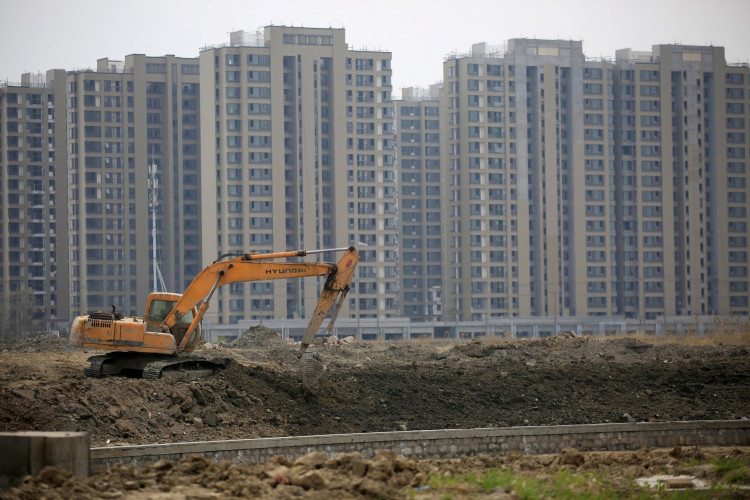China has announced a comprehensive rescue package for its crisis-stricken property sector, with the central bank facilitating 1 trillion yuan ($138 billion) in extra funding and easing mortgage rules, while local governments are set to buy "some" unsold apartments. The measures, described as "historic" by the China Real Estate Newspaper, a publication managed by the housing ministry, aim to stabilize the sector, which at its peak accounted for a fifth of China's GDP and remains a major drag on the world's second-largest economy.
The rescue plan comes as new data suggests the property downturn worsened in April, with property investment declining 9.8% in the first four months of 2024, and new property sales plunging 28.3% in the January-to-April period. New home prices also fell for a 10th consecutive month, dropping 0.6% month-on-month in April, the fastest decline since November 2014.
Under the new measures, local governments are instructed to purchase unsold homes at "reasonable" prices through state-owned firms, converting them into affordable housing. Vice Premier He Lifeng, the Communist Party's top economic official, said local governments could also repurchase land sold to developers and promised that authorities would "fight hard" to complete stalled projects.
The People's Bank of China (PBOC) announced that it would set up a relending facility for affordable housing, resulting in 500 billion yuan worth of bank financing. The central bank will also further lower mortgage interest rates and downpayment requirements, effectively allowing banks to set their own mortgage rates and reducing the minimum down-payment ratio for first-time buyers to 15% and 25% for second-home buyers.
Analysts have long called for decisive government intervention to compensate for waning demand for new and old apartments, slow down falling prices, and reduce the growing stock of unsold homes. Raymond Yeung, chief Greater China economist at ANZ, described the measures as a "bold step" but cautioned that the success of the government purchase program would depend on its ability to induce private sector demand.
Investors reacted positively to the announcements, with China's CSI 300 Real Estate index of shares jumping 9.1%. However, the reality on the ground remains harsh, as highlighted by the poor housing data and the ongoing liquidation proceedings of embattled developers like Country Garden and China Evergrande Group.
The stock of unsold housing inventory in China is substantial, with Goldman Sachs estimating it at 13.5 trillion yuan at the end of 2023. According to official data, there were 391 million square meters (4.2 billion square feet) of new housing for sale in January-April, up 24% year-on-year. Analysts at Tianfeng Securities estimate that it will cost around $1 trillion to buy the entire stock.
While the new measures have been welcomed by some in the industry, questions remain about the longer-term demand for housing in a country facing a severe demographic downturn and where 96% of households already own at least one home. Rocky Fan, an economist at Guolian Securities, warned that the record-high housing inventory and liquidity pressure on developers threaten financial stability and the still-fragile economic recovery.






